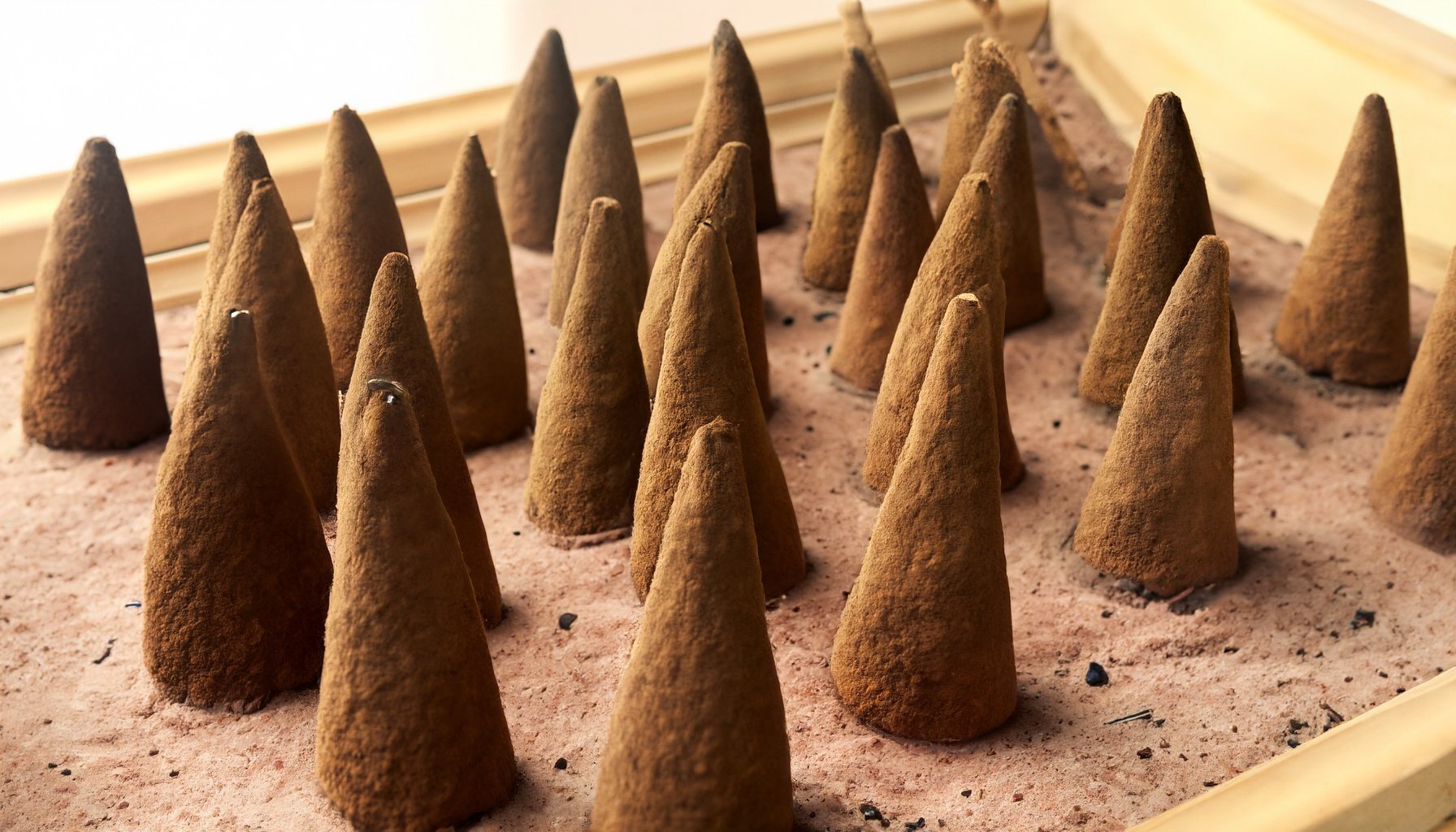
Vetiver (Chrysopogon zizanioides) is a perennial grass native to India. It has been utilized for many centuries for its varied applications and is renowned for its aromatic and medicinal properties. Here’s a general overview of the history of vetiver:
1. Ancient Usage:
- India:
- Vetiver has been utilized in India for thousands of years. It is referred to as “khus” in India. The roots of vetiver are highly aromatic and have been used to extract essential oil.
- It was a common practice to weave the roots into mats, curtains, and fans, which when moistened, would cool the air and emit a pleasant aroma.
- Ayurveda:
- Vetiver has been an essential part of Ayurvedic medicine, a traditional Indian system of medicine. It was used to treat a variety of conditions such as stress, anxiety, and insomnia, among others.
2. Global Spread:
- The plant spread across Asia, Africa, and other tropical regions. Each country adopted vetiver for its unique benefits, including soil conservation, and erosion control.
- It is known as “Vetiveria zizanioides” in scientific terms, and other regional names, like “khus” in India.
3. Medicinal and Cosmetic Applications:
- Medicinal Uses:
- Traditionally, vetiver oil was used for its calming and grounding effects. It’s believed to possess healing properties for skin, and it’s often found in skincare products.
- Perfumery:
- It is a base note in perfumery because of its woody, earthy scent. Vetiver has been a staple in the fragrance industry.
4. Environmental Applications:
- Soil Conservation:
- Vetiver is especially renowned for its ability to prevent soil erosion. The plant’s roots grow vertically downward, creating a thick mat that holds the soil together.
- Phytoremediation:
- Vetiver is also used in phytoremediation, a process that uses plants to remove toxins from the soil.
5. Modern-Day Applications:
- Vetiver continues to be a plant of significant importance today, finding a place in aromatherapy, cosmetics, traditional medicine, and environmental conservation efforts.
- Various studies are conducted globally to explore new applications of vetiver, including its role in pest control, wastewater treatment, and more.
6. Cultivation and Harvesting:
- Vetiver is cultivated globally, especially in tropical regions. The plant is hardy, resistant to pests and diseases, and can thrive in adverse conditions.
- The roots, which contain the essential oil, are typically harvested after 18-24 months of planting.
Vetiver has been intertwined with human civilization for centuries, valued for its aroma, medicinal properties, and contributions to environmental conservation. The grass continues to be of great significance, with ongoing research to explore its potential benefits and applications further.
-
Product on sale
 Vetiver & Nutmeg Wax Melts by Candlecopia®, 2 PackOriginal price was: $11.95.$10.75Current price is: $10.75.
Vetiver & Nutmeg Wax Melts by Candlecopia®, 2 PackOriginal price was: $11.95.$10.75Current price is: $10.75.
Written by Tony Bierman
Tony Bierman co-founded Candlecopia, a home fragrance company, in 2009. In addition to being a 15-year veteran of the home fragrance industry, Tony is also an author, an award-winning software developer, and an amateur photographer. In his spare time, you’ll find him hiking the woods of Roanoke Creek, with his camera and his dogs.

[…] Vetiver: Offers a complex, earthy, woody, and smoky aroma; a common base note in perfumery. […]